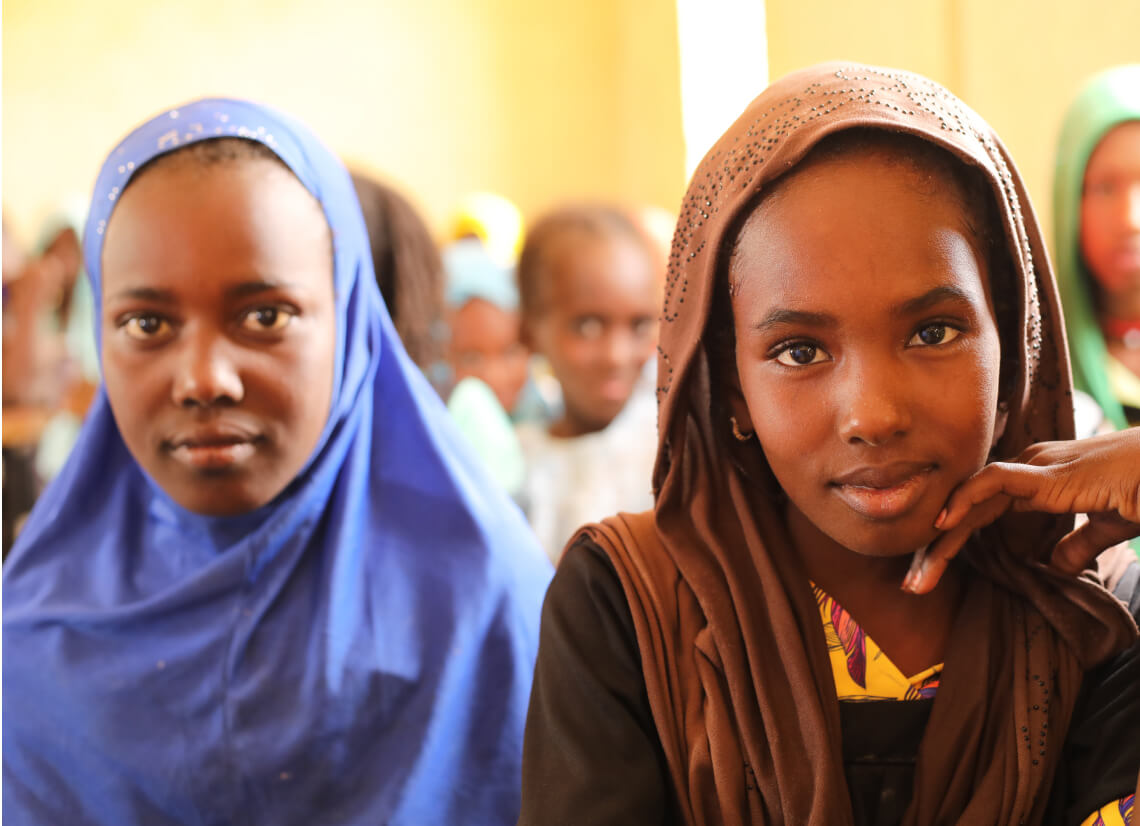We are guided by the belief in the right and ability of all people to drive their own destinies.
Our mission is to work alongside community leaders, organizations, and networks to shape positive change. We envision a world where inclusive communities ensure basic needs such as food security are met, environmentally sustainable practices take root, and, where citizens hold government to account, protect and promote human rights, and foster constructive public dialogue.
Building more inclusive, sustainable futures
Founded in 1965, Counterpart is a recognized global leader in supporting civil society and community-based development.

Our origins begin with an unlikely partnership
A movie star and a priest joined forces to help at-risk communities in the South Pacific. They shared a passion for helping others and the belief in the right and ability of all people to drive their own destinies.
Positive, sustainable change through partnership
Since our founding in 1965, we’ve embraced a fundamental premise: creating local ownership and building problem-solving capabilities at the local level is the only way to create positive and lasting impact. Counterpart takes a building block approach with our local partners to support stronger and more resilient communities by developing leaders, strengthening organizations, and fostering multi-sector community partnerships.
What matters most to us
These values are our guiding principles for how we work as individuals, as an organization, and as partners with external stakeholders. They inform our culture and remind us that we share a common goal, a larger purpose.

Partnership

Excellence

Global Citizenship
Integrity

Well-Being
From diverse backgrounds towards one common goal
Grounded in our respect for the courage and determination of people to drive their own destinies, our diverse team works alongside our local partners in more than 65 countries around the world.


